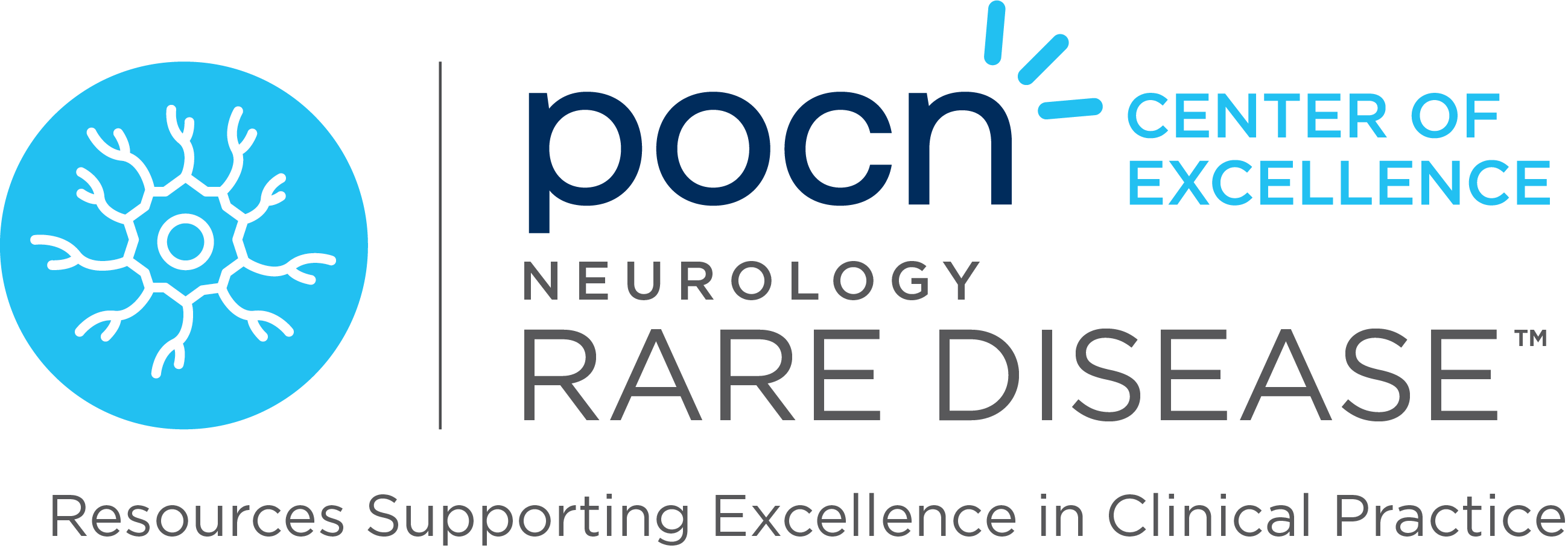In a recent podcast, Dr. Kathrin LaFaver, a neurologist, engages in a discussion with Dr. Kim Robeson-Gewuerz, an associate professor of neurology and a neuromuscular specialist, about advancements in myasthenia gravis (MG) treatment. They discuss updates in the diagnostic algorithm, highlighting additional antibody tests like LRP4 antibodies and the evolving understanding of antibodies’ significance in diagnosis. Dr. Robeson emphasizes the importance of individualized treatment based on patient characteristics and severity, noting the introduction of FcRn inhibitors and complement inhibitors for more severe cases. They also discuss the evolving role of thymectomy, particularly in younger patients under 50, and the delayed benefits of the procedure. In addressing seronegative patients, Dr. Robeson underscores the limited options, relying on traditional treatments like oral immunosuppressants, IVIG, and plasma exchange. While newer treatments show promise in preventing crises, they have not yet impacted crisis management directly. The conversation concludes with a recommendation to explore resources like the Myasthenia Gravis Foundation of America for further information.
Reference: LaFaver K, Robeson-Gewuerz K. Myasthenia Gravis: Advice for the Generalist. Medscape. Updated April 03, 2024. Accessed May 3, 2024.


